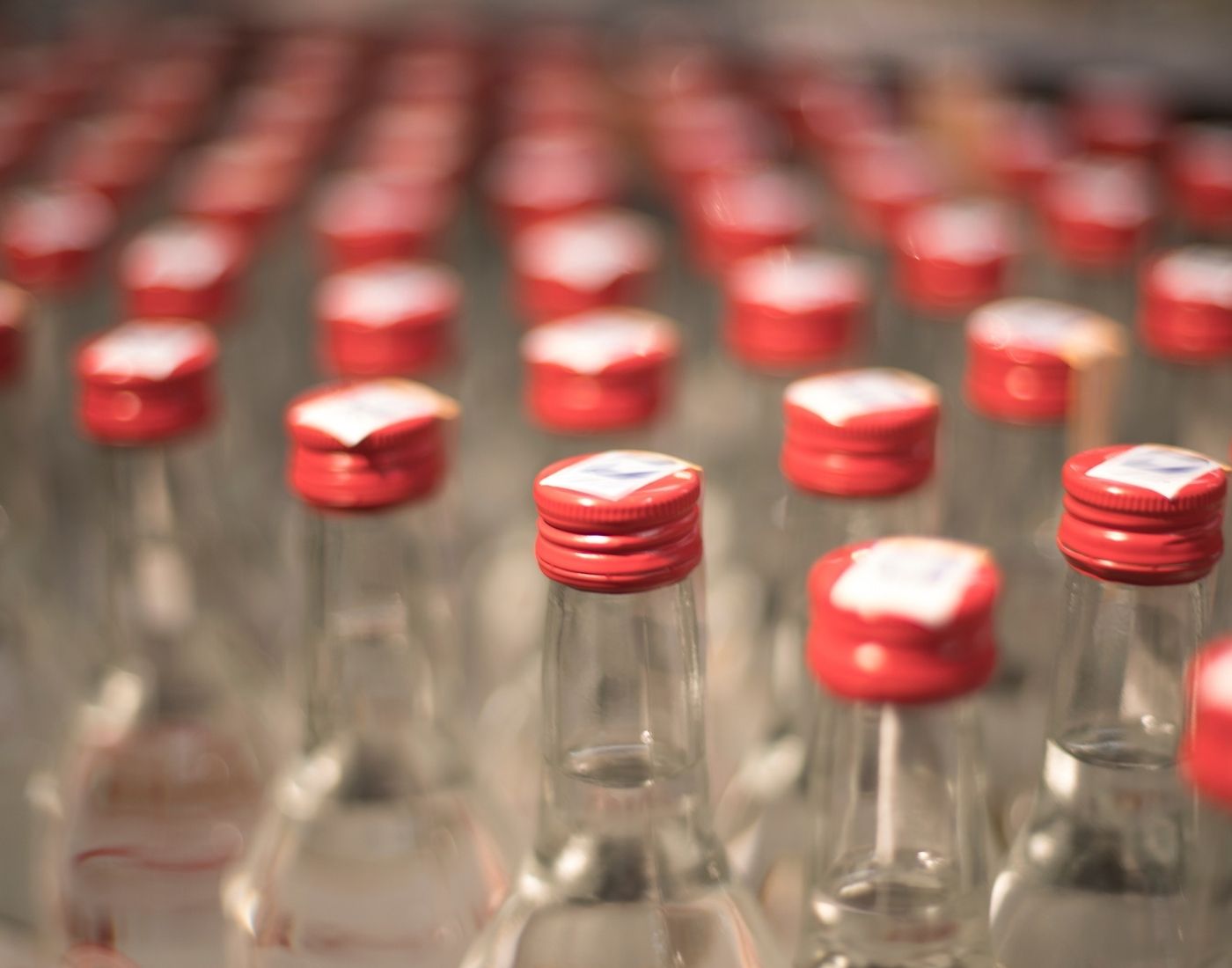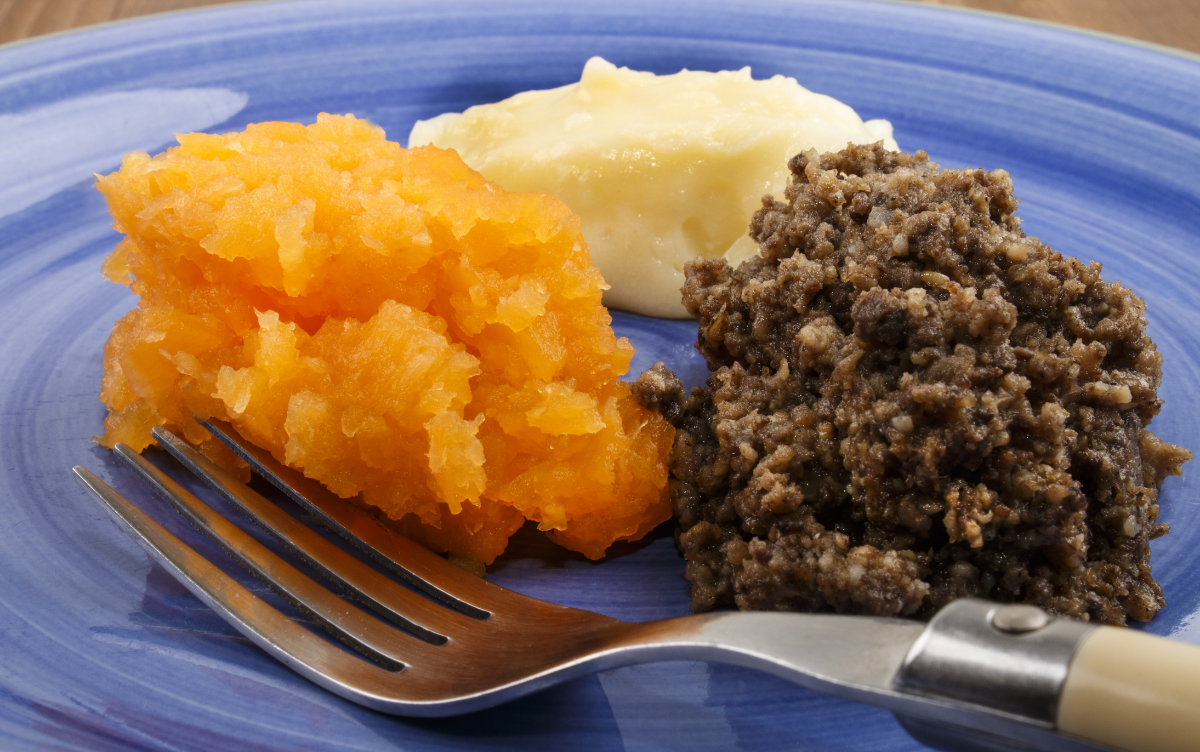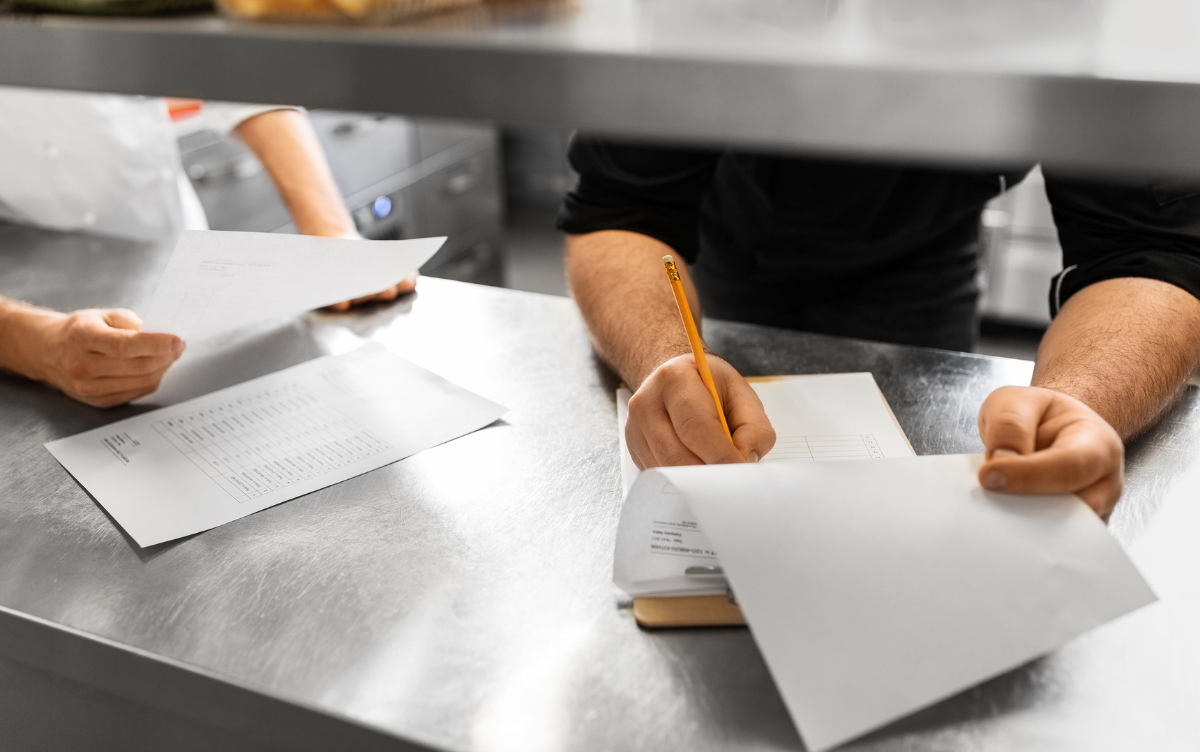Food crime involves serious and intentional dishonesty that impacts the safety or authenticity of food, drink or animal feed. Find out how to spot it in your business or industry.
Food crime and your business
Find out how to prevent food crime in your business

In this section
Food crime is a serious risk to public health, and to the global reputation and economy of the Scottish food and drink industry.
Find out more about food crime and how to prevent it in your business.

Identify your business risk from food crime
We've developed a free online Food Crime Risk Profiling Tool to help businesses build resilience against food crime.

Report food crime
Food crime affect your business and threatens the safety and reputation of the Scottish food and drink industry. Take the time to report suspected food crime so we can target those involved.

Illegal and fake alcohol
Fake alcohol means drinks containing alcohol that are produced illegally.

